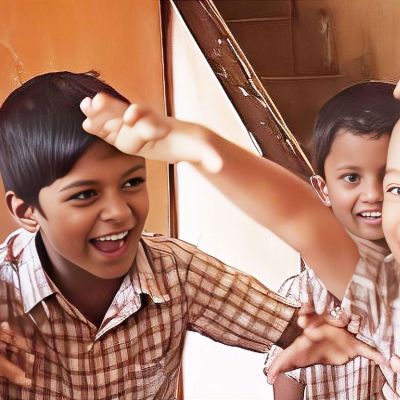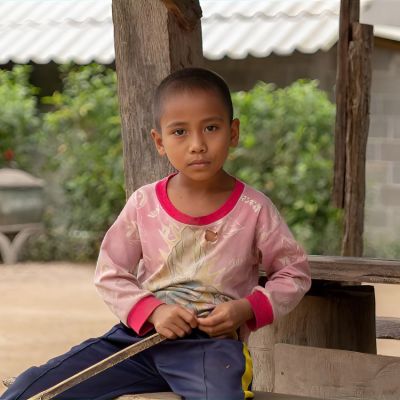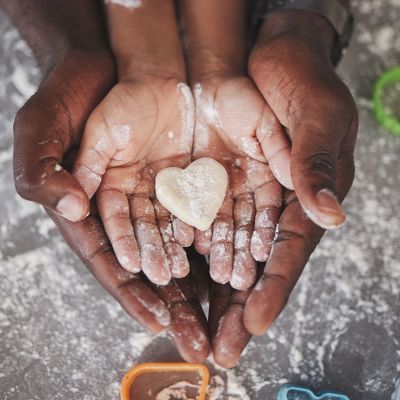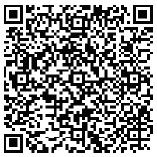Written by Rebecca Lee (Programme Consultant)
When we speak of ‘children’s ministry’, the provision of food and education have been typically and extensively identified as the primary needs of impoverished children. However, after years of implementing our programmes, CEDAR and its partners have realised that providing food and education alone is necessary yet insufficient for children’s growth and, subsequently, their ability to make a living in the future. While many countries are now providing primary education for school-age children, the need for ‘children’s ministry’ remained crucial: institutional deficiencies that are deeply entrenched in social structures meant that children still face immense challenges despite having better education and a stable food supply.
For instance, the lack of educational support posed substantial challenges for the children of ethnic minorities. Growing up in a community that only speaks their mother tongue, many children of ethnic minority backgrounds are often not exposed to the official language until they attend school. The experience of a language barrier at school meant that they struggled to understand basic instructions from teachers, which caused a significant disadvantage to their learning progress and eventually disincentivised them to attend school. Such a disadvantage with learning was exacerbated by their family’s financial burden, where dropping out of school to earn wages and support one’s family. Yet how do teenagers who are barely literate and have no vocational skills make a living? While searching for jobs in the city with the help of relatives and friends is, ostensibly, a good way out, it also comes with substantial risks. Unfortunately, once entrusted to someone treacherous, these children often fall into the predicament of being trafficked, forced into backbreaking labour in hazardous environments, violated, or even forced to take obscene images to be sold on the internet, which causes profound physical and mental trauma that follows them for an inordinate length of time.
CEDAR and its partners create a safe environment for children to grow healthily in response to the community’s needs and the team’s expertise. In Afghanistan, CEDAR and its partners provide preschool education classes for ethnic minority children to learn the official language used in school. We also offer after-school tutorials for students in grades one to three, where the tutors use their native and official language for class discussions. This helps them build a solid foundation in language and learning, reducing their chance of dropping out of school.
In Thailand, CEDAR’s partner explains the situation of human trafficking in high-risk communities to prevent parents and teenagers from walking into the traps of human traffickers, invites government departments to cooperate in combating human trafficking, collects information and evidence to assist law enforcement agencies in rescuing victims of human trafficking and prosecuting human traffickers. Among the 530 people rescued by our partner in 2022, 156 were children under 18, and the three youngest victims were only 12. As many organisations have been focusing on helping women, male victims are often left with insufficient assistance. Therefore, CEDAR’s partner has set up shelter centres for male victims specifically to provide safe housing, medical care, and livelihood skills training to prevent them from falling victim to human trafficking.
The global economic downturn has reduced fundraising income for many organisations, and CEDAR is not exempt. Many partners have reported to CEDAR that they have received notices from other supporting organisations to stop or reduce funding. In the face of such a sharp decline in funds and resources, we urge everyone to stay with us and support CEDAR with prayers and donations so we can continue to walk and grow with the children and witness the love and providence of the Lord.
Your Action
Please join our monthly donation plan ‘Join Hands Join Heart’ now. Support impoverished children with a monthly fixed amount donation and make a difference in their lives.
Banner photo: Children of Ethnic Minorities on the Thailand-Myanmar Border
ARTICLES OF THIS ISSUE
Written by Clara Chiu (Head of Partnership Development) Start children off on the way they should go, and even when th…
Written by Rebecca Lee (Programme Consultant) When we speak of ‘children’s ministry’, the provision …
Written by Samuel Ip (Intern) The notion that our planet is in a state of decline is no longer a foreign concept. As w…
Written by Dr. Kevin CHENG Shun Kai (Former professor of Theology and Ethics at China Graduate School of Theology) Scr…
donation method
(Please specify: Join Hands Join Hearts)
Cheque
Please make it payable to CEDAR FUND
Direct Deposit
HSBC: 004-600-385678-001
BEA: 015-185-68-00931-7SSA
BOC: 012-581-2-020114-7
DBS: 016-478-001364162
Faster Payment System
FPS ID: 3354016 or scan the below code in the online banking
After donation, please send a completed Donation Form, enclosing with cheque, bank-in slip or screenshot of successful payment along with your name, contact phone number and mailing address to us via mail, email or WhatsApp.
Address: CEDAR Fund, G.P.O. Box 3212, Hong Kong
Email: sharing@cedarfund.org
WhatsApp (for donation matters only): 5160 7549
- CEDAR is an approved charitable institution and trust of a public character under section 88 of the Inland Revenue Ordinance. Please visit Inland Revenue Department website for details.
- CEDAR Fund will issue a receipt for a donation of HK$100 or above for tax deduction. For a donation of less than HK$100, please get in touch with us to issue a receipt.
- Please DO NOT fax any donation information.








